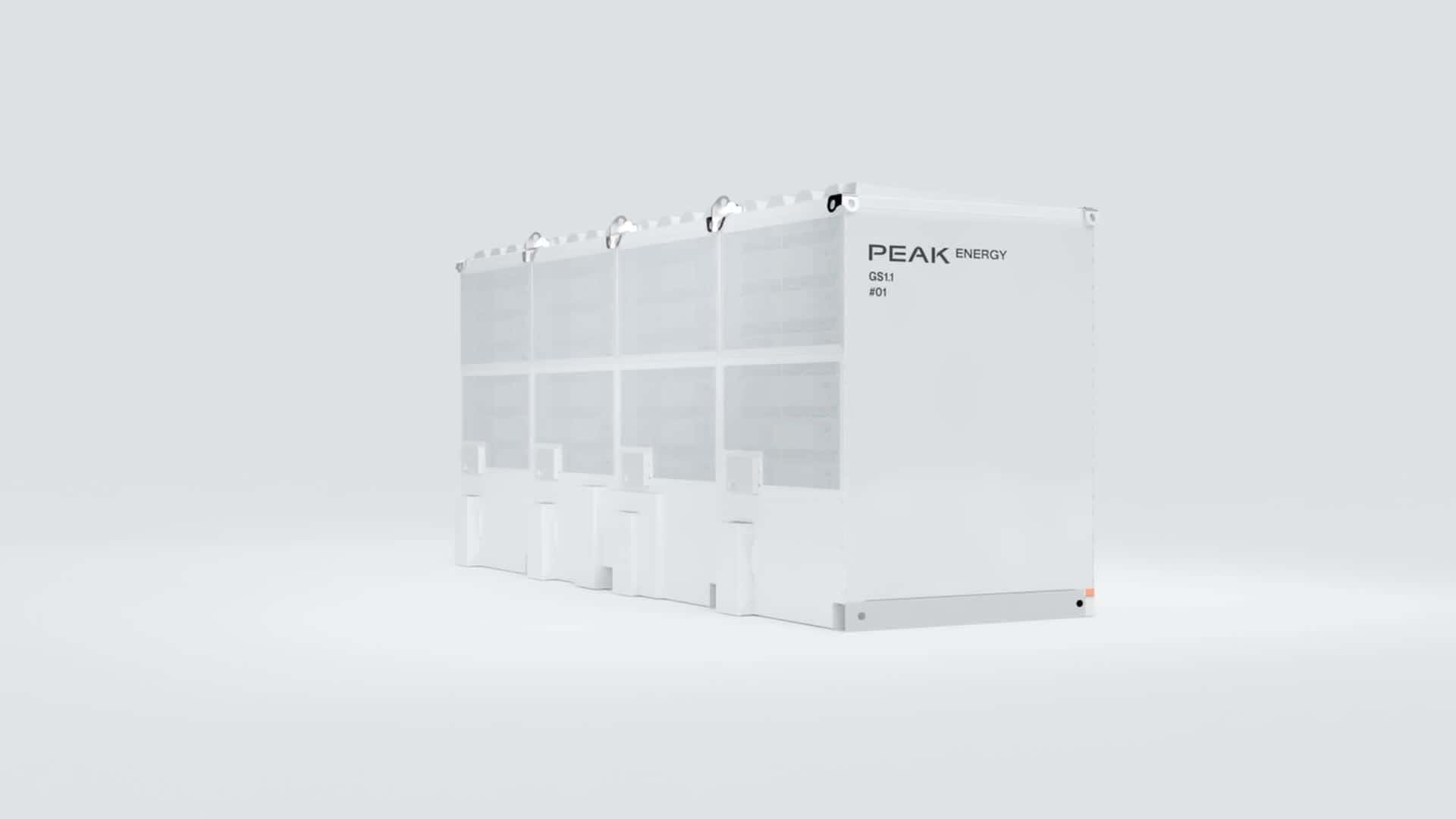
"They experience far less degradation over time, demonstrate superior performance even in extreme cold and can cost comparatively less when scaled. But there are trade offs. The cells have lower energy density than lithium-ion ones, which makes them more suitable for energy storage systems or less demanding applications like low-cost EVs. And the technology just isn't as mature as lithium iron phosphate (LFP), the low-cost lithium-ion chemistry that's taking off globally for both stationary storage and EV applications."
"Peak Energy claims its sodium-ion energy storage battery can operate without active cooling, unlike lithium-ion batteries, which require complex cooling systems and fire-suppressant additives for safety and performance. Under its agreement with Texas-based energy provider Jupiter Power, Peak Energy will provide 4.75 gigawatt-hours of sodium-ion battery energy storage systems (ESS) for deployment between 2027 and 2030. The company claims its grid-scale sodium-ion battery system can hold 3.1 megawatts hours of energy and operates at temperatures ranging from -40 to 131 degrees Fahrenheit."
Sodium-ion batteries experience far less degradation over time, perform well in extreme cold and can be cheaper at scale than lithium-ion alternatives. The cells have lower energy density, making them better suited for stationary energy storage systems and lower-cost electric vehicles rather than high-range passenger EVs. Peak Energy claims its grid-scale sodium-ion ESS can operate passively without active cooling, hold 3.1 MWh per system, function between −40 and +55°C, and require no fans or cooling pipes. Under an agreement with Jupiter Power, 4.75 GWh of these ESS units will be delivered for deployment from 2027 to 2030. The technology remains less mature than lithium iron phosphate (LFP).
Read at insideevs.com
Unable to calculate read time
Collection
[
|
...
]